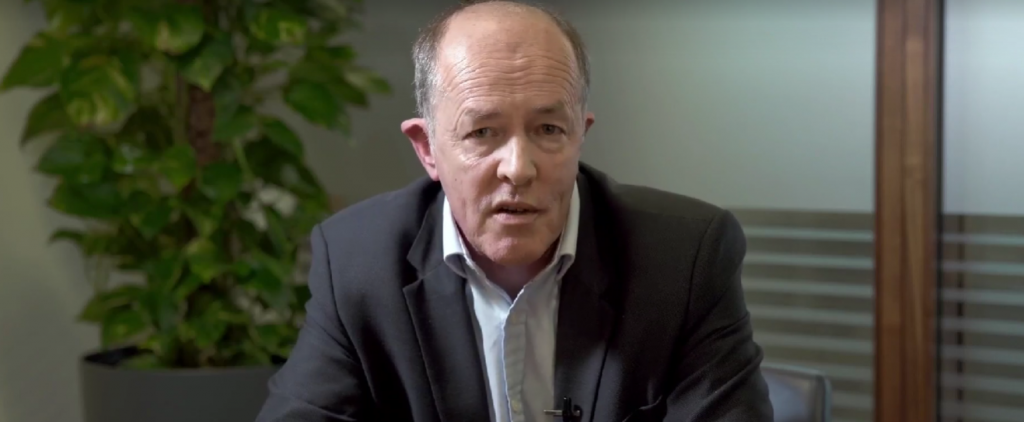The biggest ongoing challenge around Consumer Duty is the subjectivity around its application.
This is according to St James’s Place (SJP) divisional director Tony Müdd (pictured), who spoke to Health & Protection in the wake of the roll out of the regulations yesterday.
Müdd maintained that there is “no doubt” in his mind that “whatever the magnitude of changes that advisors and manufacturers have implemented to date, we have not yet seen a fraction of the true implications of Consumer Duty on the industry”.
What are good outcomes and what is fair value?
“Take evidencing good outcomes,. What are good outcomes? These aren’t defined in the guidance. They will be different for different clients, and no one can dispute that they aren’t subjective.
“What is fair value? Again not defined, again subjective. Further, something that is fair value at outset may not necessarily turn out to be fair value at some future point.”
Target markets
But Müdd added it is a similar story for target markets.
“As a distributor we have had manufacturers change their target market statements on multiple occasions between the end of April and the end of July.
“All of these; outcomes, fair values and target markets will continue to evolve. Yet ,advisors will most likely be judged if an issue arises at a future point, but based on what was known and reasonably foreseeable at the time advice was given.”
Wedding analogy
Elaborating on criticism levelled at ‘failing to deal with foreseeable harm’ requirements, Müdd pointed to the analogy of getting married, to demonstrate the potential issues with these principles.
“On a wedding day the participants enter into a contract. They are both in the target market, they both agree – at least to each other – their needs, requirements and objectives for the marriage. They may enter into a prenup, but accept that the marriage represents fair value,” Müdd continued.
“On their wedding day no-one would dispute that the ‘advice’ was correct. There is nothing to assume the marriage would not be a happy one and that both parties fully anticipated a good outcome.
“A few years down the line and the career aspirations of one or both parties have not materialised; with income not being what either had anticipated. One of the parties, despite previous statements, no longer wants children. One is spending a little too much time with his or her friends or colleagues,. Or one party no longer finds a slight beer belly attractive (for avoidance of doubt this is not based on personal experience).
“Do these circumstances represent a good outcome for the couple? Does it is represent fair value? Are they both still in the target market? Arguably the answer to all these questions is no.”
But Müdd maintained that this does not mean the advice to get married was incorrect.
“The problem is things change, needs change, desires and aspirations change,” he added. “Memories change. We have to be careful that advisors are not held to account, or specifically are deemed to have not delivered good outcomes on matters that are outside of their control, and absolutely nothing to do with the initial advice.”
